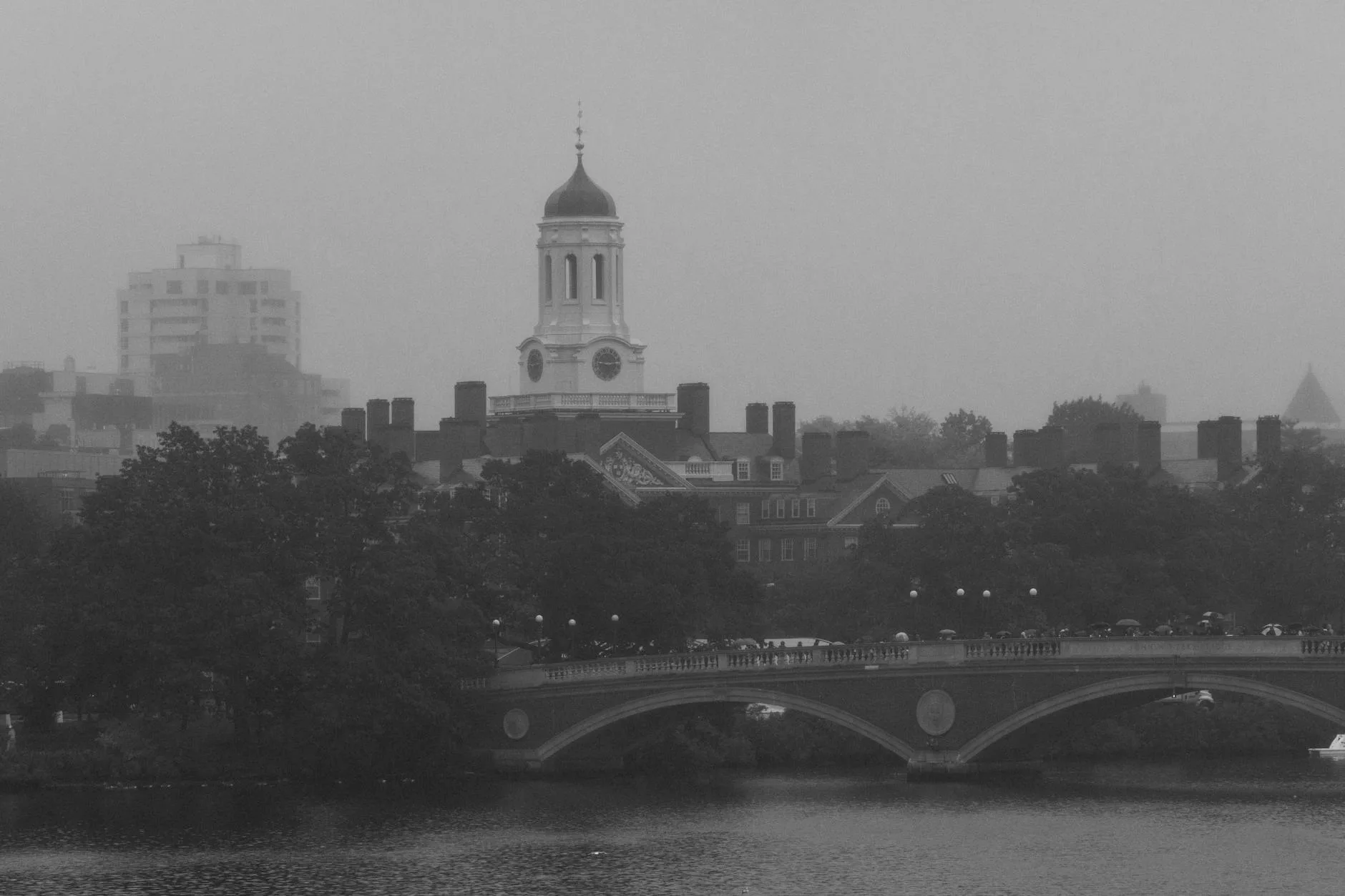Addressing the Wave of Threats and Fortifying Campus Resilience
Recent events have cast a shadow over the campuses of historically Black colleges and universities (HBCUs), raising critical questions about campus safety and the unique vulnerabilities these institutions face. A series of bomb threats and other security incidents has prompted lockdowns and heightened anxiety, underscoring a growing need for robust security measures and community support. This article delves into the nature of these threats, explores the responses of affected institutions, and examines the broader implications for campus security and the future of HBCUs.
The Disturbing Pattern of Threats Against HBCUs
Last year, Hampton University experienced a lockdown initiated to investigate a bomb threat that specifically targeted the William R. Harvey Library and the University Dining Hall. This incident, unfortunately, is not isolated. Multiple HBCUs across the nation have reported similar threats, often involving bomb scares or other security concerns that necessitate immediate campus-wide responses. These events disrupt academic life, instill fear in students and staff, and place significant strain on institutional resources. The motivations behind these threats remain a significant area of investigation, with law enforcement agencies actively working to identify perpetrators and understand any potential patterns or connections.
Institutional Responses: Balancing Security and Disruption
When faced with such threats, HBCUs, like many educational institutions, implement immediate lockdown protocols. These procedures are designed to ensure the safety of students, faculty, and staff by restricting movement and allowing security personnel and law enforcement to conduct thorough sweeps and investigations. The aim is to neutralize any immediate danger and restore normalcy as quickly and safely as possible.
However, the recurring nature of these incidents highlights the significant logistical and psychological toll they take. Beyond the immediate disruption to classes and campus activities, there is a cumulative effect of living under constant threat. This can impact student well-being, recruitment efforts, and the overall sense of community and security on campus. Institutions are therefore exploring a multi-faceted approach, which includes not only enhanced physical security measures but also improved communication strategies, mental health support for the campus community, and collaborative efforts with local and federal law enforcement agencies.
Understanding the Landscape: Motivations and Investigations
The reasons behind these threats are complex and, in many cases, still under investigation. Law enforcement agencies, including the FBI and local police departments, have been actively involved in tracing the origins of these threats. While some may be the work of individuals seeking to cause disruption, others could be part of more organized efforts. The psychological impact of these threats cannot be overstated, particularly given the historical significance and cultural importance of HBCUs. The constant vigilance required can create an environment of stress and anxiety, detracting from the primary educational mission.
The Broader Implications for Campus Safety and Higher Education
The heightened security concerns at HBCUs bring to the forefront broader discussions about campus safety across all higher education institutions. The financial and human resources required to address ongoing security threats are substantial, potentially diverting funds from academic programs, research, and student services. Furthermore, the emotional toll on students and staff can be profound, impacting mental health and academic performance.
This situation also raises questions about the specific vulnerabilities that HBCUs might face. As institutions that have historically served and continue to uplift Black communities, they can sometimes be targets of hate-motivated actions. Recognizing and addressing these unique aspects is crucial for developing effective security strategies.
Looking Ahead: Building Resilient Campuses
The path forward for HBCUs involves a commitment to strengthening their security infrastructure while simultaneously fostering a sense of community and well-being. This includes:
* **Enhanced Security Technology:** Investing in advanced surveillance systems, access control, and communication technologies.
* **Improved Emergency Preparedness:** Regularly reviewing and updating emergency response plans, conducting drills, and ensuring clear communication channels.
* **Mental Health Support:** Providing robust counseling services and resources to help students and staff cope with the stress and anxiety associated with these threats.
* **Community Engagement:** Fostering strong relationships with local law enforcement, federal agencies, and the wider community to share information and coordinate responses.
* **Educational Initiatives:** Raising awareness among students and staff about security protocols and how to report suspicious activity.
The resilience of HBCUs has been a hallmark of their history. By proactively addressing these security challenges, these vital institutions can continue to provide safe and nurturing environments for learning and growth for generations to come.
Key Takeaways for Campus Safety
* Historically Black Colleges and Universities (HBCUs) have recently faced a series of disruptive security threats, including bomb scares.
* Institutions are responding with lockdown procedures and enhanced security measures to protect their communities.
* The motivations behind these threats are under investigation, with law enforcement actively involved.
* Recurring threats place significant strain on institutional resources and impact the well-being of students and staff.
* HBCUs are focusing on a multi-pronged approach including technological, procedural, and mental health support to build resilience.
* Addressing campus security effectively requires collaboration between institutions, law enforcement, and the broader community.
Call to Action
Students, faculty, and staff at all institutions are encouraged to remain vigilant, report any suspicious activity to campus authorities, and familiarize themselves with campus emergency procedures. Support for mental health resources is also crucial during these challenging times.
References
* FBI Investigations into Threats Against Educational Institutions: The Federal Bureau of Investigation (FBI) is involved in investigating threats against schools. Their official website provides general information on their role in national security and law enforcement efforts, though specific ongoing investigations are typically not detailed publicly.
FBI: Terrorism Investigations
* **Department of Homeland Security: Campus Security Resources**: The Department of Homeland Security offers resources and guidance for enhancing security at public facilities, including educational institutions.
Department of Homeland Security: Law Enforcement


